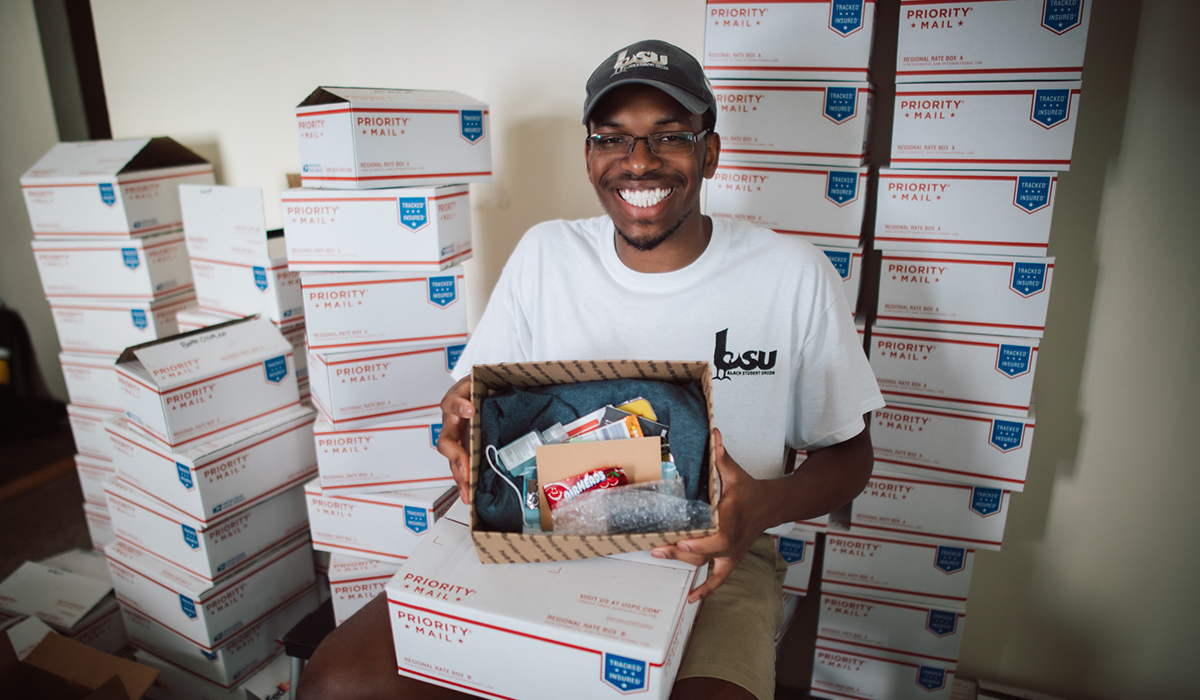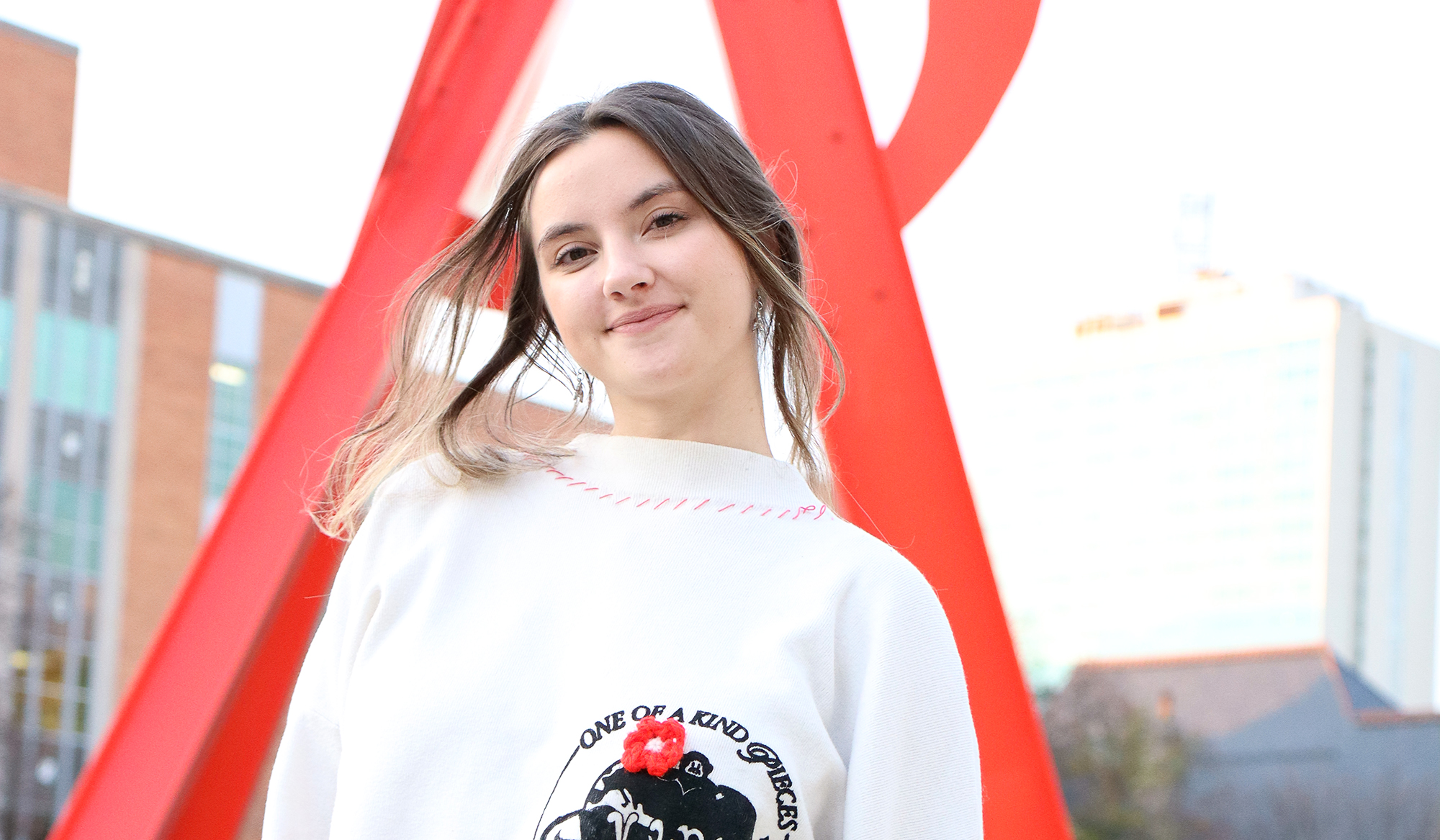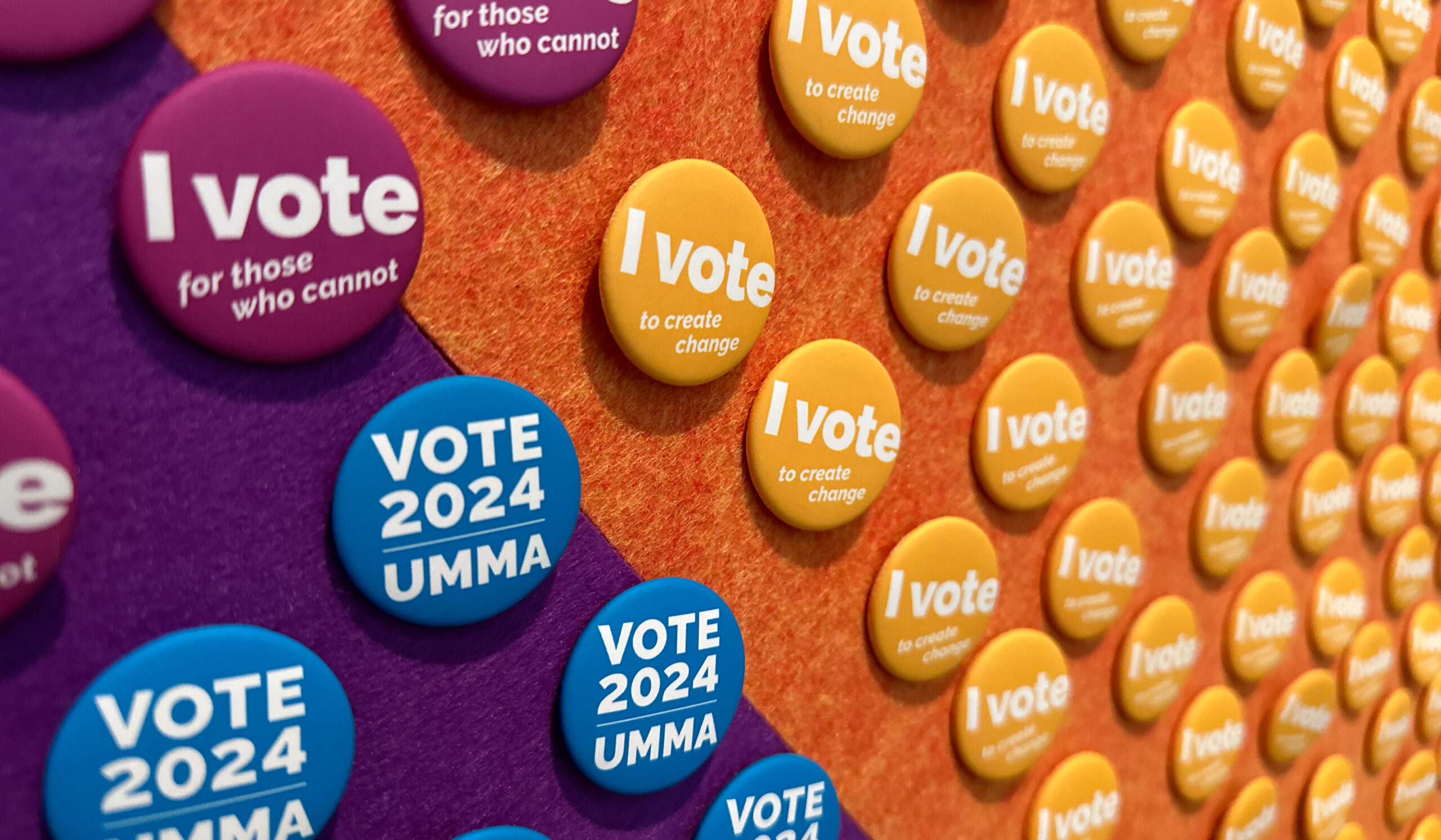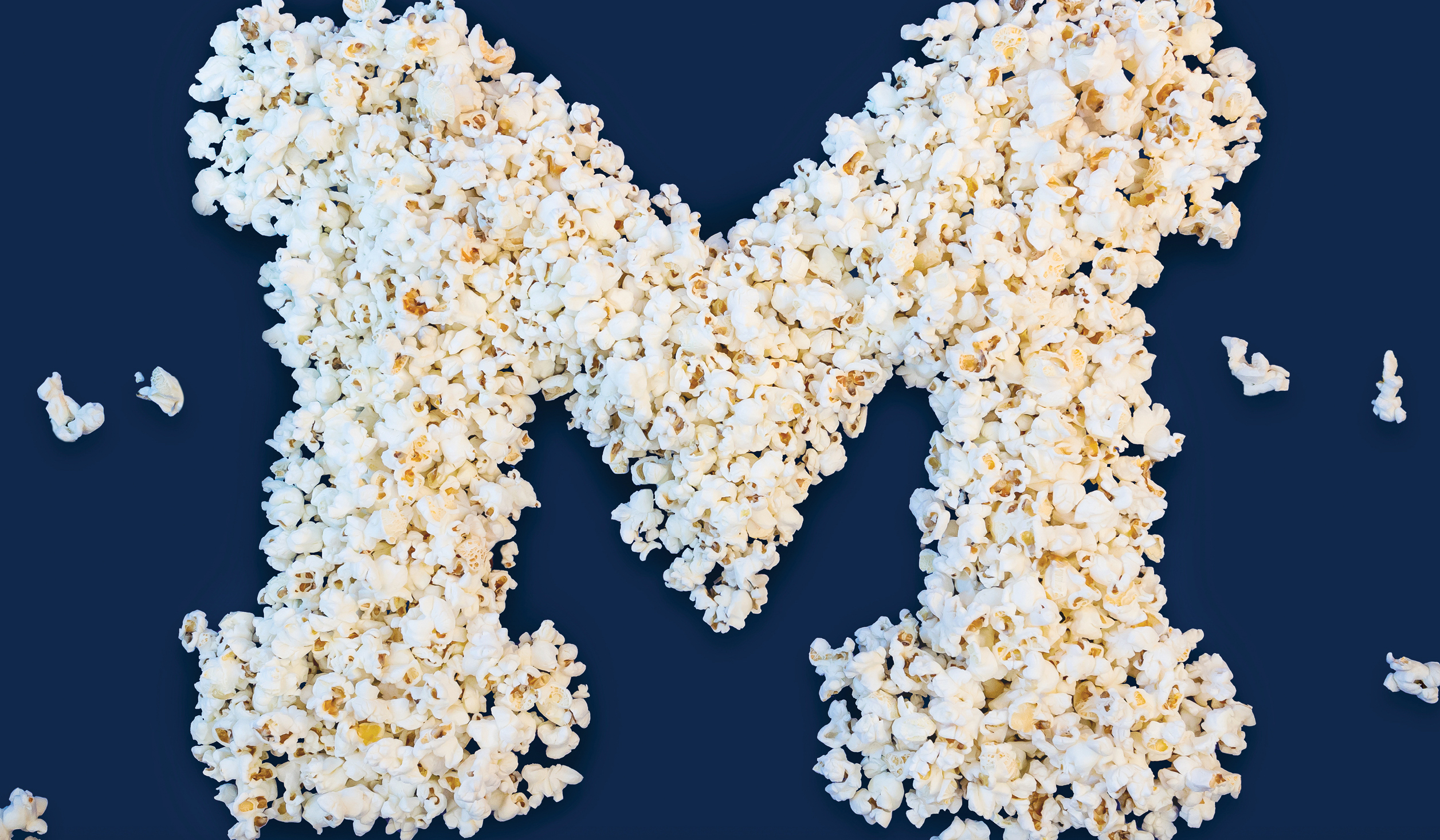This past summer, with few students on campus due to the pandemic, senior Thomas Vance still found a way to connect with his community as the top officer of the Black Student Union (BSU). In a virtual vote in April, Vance was elected speaker of the 200-member organization.
In the following months, with the help of his BSU leadership team, he went to work supporting his classmates, near and far. Mindful of the current anxiety-producing events, from COVID-19 to the protests following the killing of George Floyd, Vance and his team found ways to bring BSU members together while staying safely apart.
Michigan Alumnus gleaned the following in a conversation with Vance.
> AMONG THE ACTIVITIES KEEPING THE ORGANIZATION CONNECTED was a Black author’s book club, with Vance shipping books to 168 members in June. Recipients could choose “Americanah,” by Chimamanda Ngozi Adichie, or “Between the World and Me,” by Ta-Nehisi Coates. A month later, he sent 234 care packages to members filled with an array of items, from candy, tea, and a journal to hand sanitizer, a face mask, and an essential oil blend from the Black-owned Detroit startup FragranTed. Vance personally packed and mailed each one from his summer sublet in Ann Arbor while also working as a lab assistant at U-M’s virtual debate camp, studying for the LSAT, and working on his honors thesis.
> VANCE WAS RAISED in metro Atlanta. At the age of 8, he began playing golf. “I always loved being a part of a team. I like the bond and collaboration,” he says, adding he thought it “might punch my ticket to college.” Instead, it was debate that attracted college recruiters and earned him a varsity letter his freshman year at a predominantly white Catholic high school in Atlanta, where he also served as co-president of his school’s multicultural student organization, Mosaic.
> DEBATING IN HIGH SCHOOL allowed Vance to travel from California to Vermont, taking part in tournaments and camps. He spent the summer between his sophomore and junior year at U-M’s debate camp. “Staying on campus was way better than any college tour,” he says of the month he spent in Ann Arbor.
> THANKS TO A NUMBER OF scholarships, including the Alumni Association’s LEAD scholarship, Vance enrolled in U-M’s LSA Honors Program. Despite knowing campus, he remembers feeling “overwhelmed” during summer orientation. “Everyone was high achieving like me. Even though both my parents went to college and got MBAs, I still felt like no one was walking me through this.” He quickly turned to his honors adviser, who helped him register for classes. Vance won LSA’s Sophomore Honors Award with Distinction. His adviser has continued to be a source of support to this day.
> DURING HIS FIRST YEAR AT U-M, Vance discovered BSU, “the biggest, baddest student organization on campus.” Not only did he appreciate the free food and great turnout at their events, he also loved the energy of the Black student organization. That year, he attended his first Black Solidarity Conference, an annual event for students at Yale University, and ran for the “lowest stake position” in BSU, the role of maintaining the organization’s historical records and helping to plan and implement Thursday evening activities. He later served as treasurer.
> AS A STUDENT LEADER, Vance has attended dinner at U-M President Mark Schlissel’s house several times. “He usually invites around 25 to 30 people, including his leadership team and other student leaders, and you get a chance to really talk to everyone,” he says, adding that Robert Sellers, U-M’s chief diversity officer, is always there.
> “I HESITATED TO RUN for speaker of BSU this year because I thought we should have a Black woman in that leadership position,” says Vance. “As speaker, I will always be conscious of the Black women. I want to show up with the proper tone as an ally for them.” He also wishes advocates for Black Lives Matter were more “intersectional,” focusing on the Black queer, trans, and female communities, too.
> UPON GRADUATION, Vance, who is majoring in political science and Afroamerican and African Studies, wants to attend law school. For now, he is organizing to get out the student vote in November and to increase U-M’s Black enrollment. “We are working with the Office of Undergraduate Admissions to recruit the next generation of Black Wolverines.”





